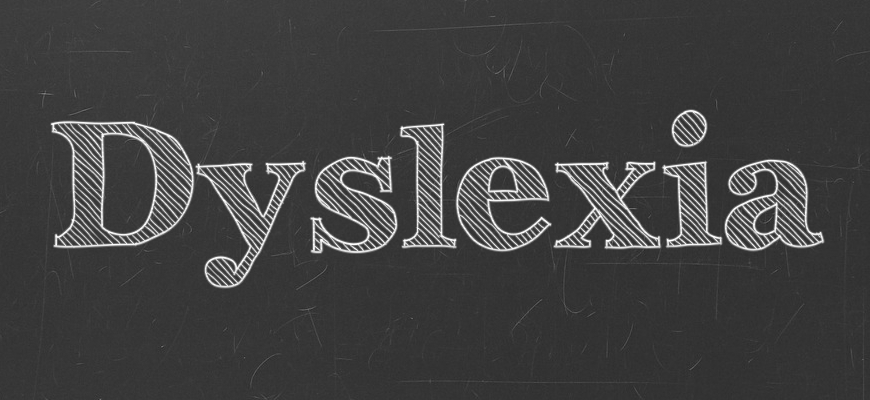Is it the American based International Dyslexia Association (IDA), the London based British Dyslexia Association (BDA), visual processing specialists, educational psychologists, optometrists, neurologists or educators?
Does one organisation, country or state have the right to ownership of the term?
In general, the word dyslexia means; ‘dys’ a difficulty and ‘lexia’ with words.
So if your child is struggling to learn to read and spell and is losing self-confidence as a result, they may have dyslexia.
Is it a neurological, visual, phonetic, brain processing problem, a learning difficulty, difference, disability or a bonus?
It’s true, that an academic’s individual area of expertise, their career choices and the way in which they obtain funding will determine the way in which they want the term ‘dyslexia’ to be perceived by the education authorities and the masses.
YET….
The parent with a child who is struggling at school to learn to read and spell and is quickly losing their self-confidence is only concerned about one thing; their child.
Imagine if you have a child who starts school full of enthusiasm for learning and excitement to get started and after a few short years or even months, that child starts to show signs of severe anxiety and spirals downhill with psychological issues.
When your child is in pain you feel their pain too.
I know this first hand, I’ve been there before with all three of my children.
Here is the order of events;
- Your child starts to struggle to learn.
- The parent goes to the school to seek help.
- The teacher not being trained doesn’t know what to do.
- The parent become frustrated at the lack of support.
- The child’s struggle deepens.
- The parent starts seeking help outside the school.
- Parents look even harder for the ‘why’ and seek a solution from a learning specialist.
- The word dyslexia is used (or not used, depending on what country you live in. Apparently in Scotland right now it is out of vogue.)
- Everyone is confused because there are so many different definitions of dyslexia out there.
Be aware, what your education system states and which learning difficulties academics have the most funding and the loudest voice where you live, will determine what the term ‘dyslexia’ means for you and your child. Government legislation will also determine who pays for your child’s diagnosis, what in-school support they are entitled to and if they are likely to succeed within their school system.
In many countries, sometimes the only way to get support and assistance within your school systems is with a diagnosis of a specific learning difficulty SPLD or ‘dyslexia’. Parents need to learn about the system in order to make any of this happen.
Here are two of my favourite definitions of dyslexia to help you on that journey.
Dyslexia is a processing difference experienced by people of all ages. Often characterised by difficulties in literacy, it can affect other cognitive areas such as memory, speed of processing, time management, coordination and directional aspects. There may be visual and phonological difficulties and there is usually some discrepancy in performance in other areas of learning. It is important that individual differences and learning styles are acknowledged since these will affect the outcomes of learning and assessment. It is also important to consider the learning and work context is the nature of the difficulties associated with dyslexia may well be more pronounced in some situations.
Dr Gavin Reid and Shannon Green – 100 Ideas For Supporting Pupils With Dyslexia
Dyslexia is a specific learning ability, neurobiological in origin. It is typically characterised by strengths that may include creative expression, athletic performance and scientific discovery. The individual with dyslexia often exhibits strengths in big picture concepts, thinking outside the box, making unexpected connections and demonstrates an intuitive sense of understanding people and navigating the natural world.
Cheri Rae – DyslexiaLand
You will find more definitions on this website in the free e-books about dyslexia.
To learn more about what dyslexia is or isn’t, you can read my book Helping Children with Dyslexia. You will find it in your local library, on Amazon or online at www.dyslexiadaily.com.
Here’s to you and your child’s success.
Liz Dunoon



















Hi Liz …..all best for 2019 I hope it is a successful year in the understanding and provision of support for dyslexic learners. !!!
As a dyslexic learner myself I feel that the language surrounding the use of the word dyslexia is of vital importance.
I refer to myself as a ‘dyslexic learner ‘ rather than as someone who ‘has dyslexia’. The latter sounds like a disease…. or something undesirable.
…
In Bendigo we are taking small steps…
I have a lot to learn re websites…however I have finally commissioned a website
http://www.proudlydyslexic.com.au
My interest is still looking for a school that will be dedicated to dyslexic learners. .. so my focus will be there for 2019..
Fond regards
Johanna
Hi Johanna, How lovely to hear from you. I like the term Dyslexic Learner. You’re right, it does have a positive vibe. Great to hear you have a website. I will put you in touch with anyone who is interested in starting a school for dyslexic learners. It sounds amazing. Kind regards Liz D